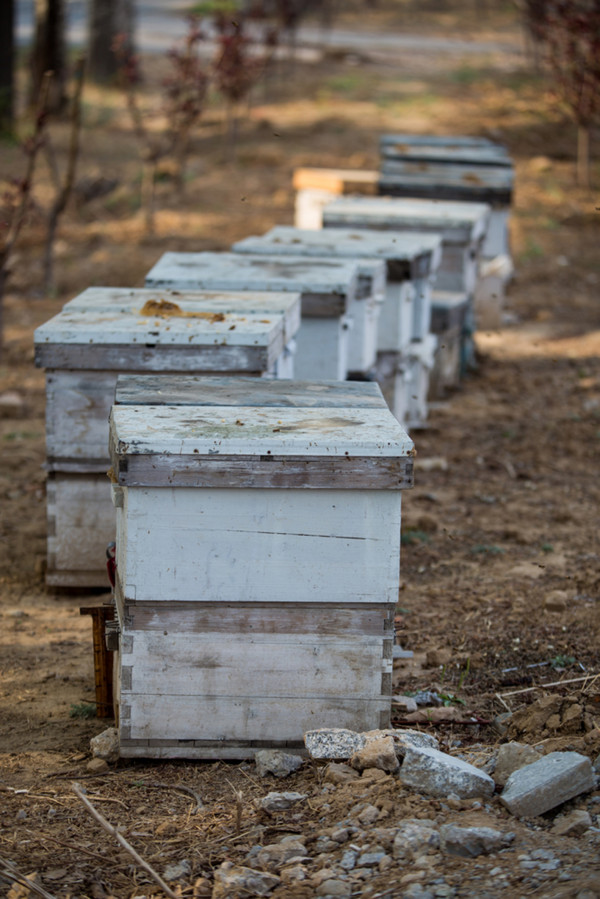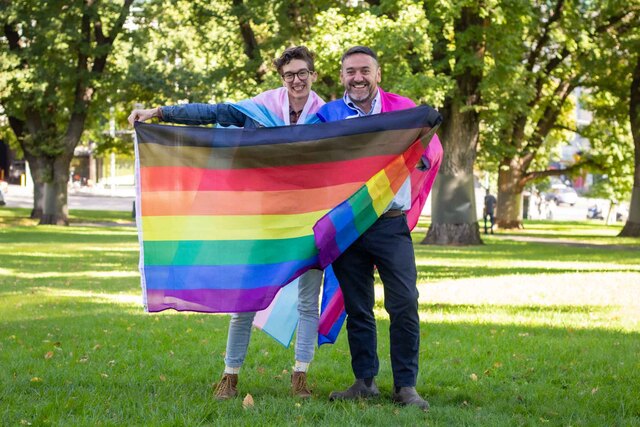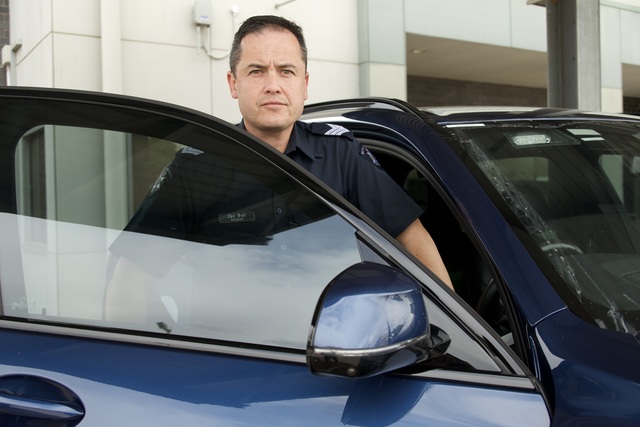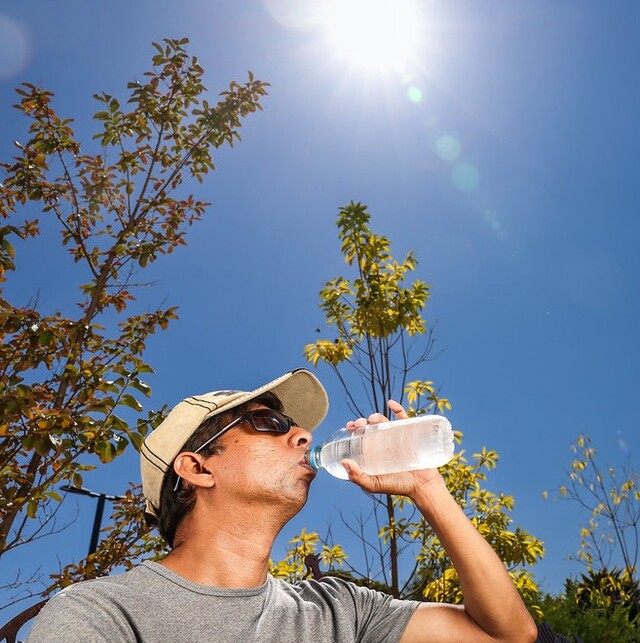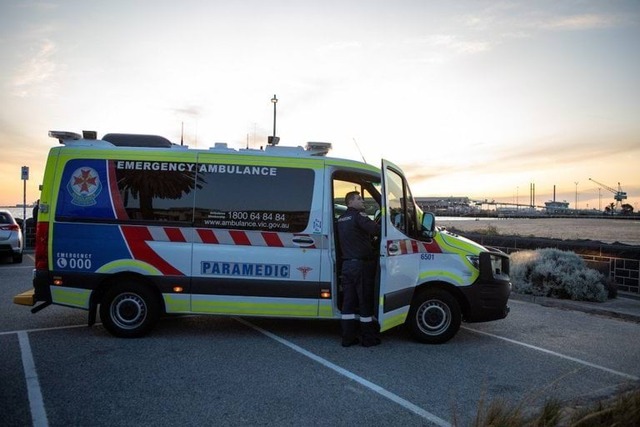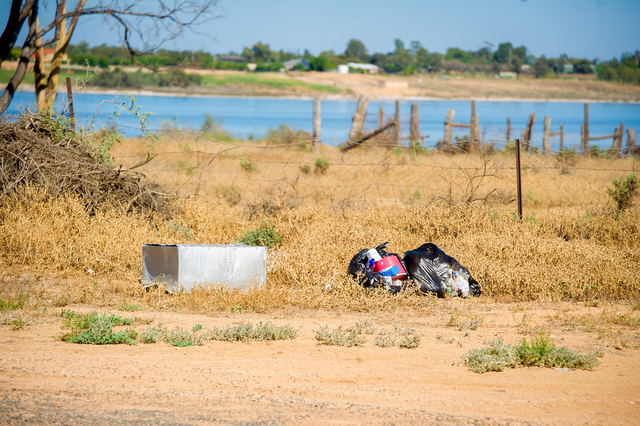MORE needs to be done to protect Australia’s biosecurity but taking more money from Australian farmers is not the answer.
This is the position of representative body NSW Farmers, which says the federal government needs to force importers to pay for the biosecurity threats they create.
In the wake of the deadly varroa mite spreading across bee colonies in NSW, including being detected recently in hives at Balranald and Euston, eradication of the pest has been declared no longer possible.
NSW Farmers biosecurity committee chair Ian McColl said the outbreak was demonstrative of just how much of a risk exotic animal and plant pests and diseases was.
“We have had a practical demonstration of how difficult biosecurity control efforts can be with varroa mite – despite our best efforts, Australia now has to live with another costly biosecurity failure,” Mr McColl said.
“This underscores how critical detection and prevention is.
“We need all governments appropriately resourcing biosecurity efforts to maintain strong protections at the border.”
But to help create extra funding for these biosecurity measures, the government is currently consulting on a new biosecurity protection levy which will apply to primary producers from July 1 2024.
The levy will be charged to agricultural, fisheries and forestry producers and is intended to collect around $50 million per year, which will be allocated to maintain the Commonwealth biosecurity policy, operational and technical functions.
Mr McColl said the levy should be imposed on importers, rather than farmers themselves who have to bear the brunt of biosecurity breaches.
“Our members have been quite clear that increased biosecurity funding is essential but it should take into account who creates the risk and who already pays,” he said.
“Taxing farmers who are at ultimate risk of biosecurity breaches is not the way to move to improved biosecurity outcomes, especially when that tax might simply fund administrative functions of the federal department and not increase biosecurity prevention, preparedness or response capabilities.”
Independent Member for Murray Helen Dalton has expressed her support for the representative body, opposing the biosecurity protection levy in its current form.
“Clearly, it is importers who should be paying the costs for our biosecurity,” Mrs Dalton said.
“Asking farmers to pay for it is just not on.
“It’s not farmers who are making big dollars from importing this food.
“It’s not farmers who are importing biosecurity risks such as varroa mite.”
Mrs Dalton was also sceptical that any levy that farmers paid would actually go towards improving biosecurity outcomes.
“It may end up paying for more bureaucrats and more paper shuffling,” she said.
“Farmers should not be paying for improved biosecurity, when they are already paying for the serious failures in biosecurity that we have seen recently.”

